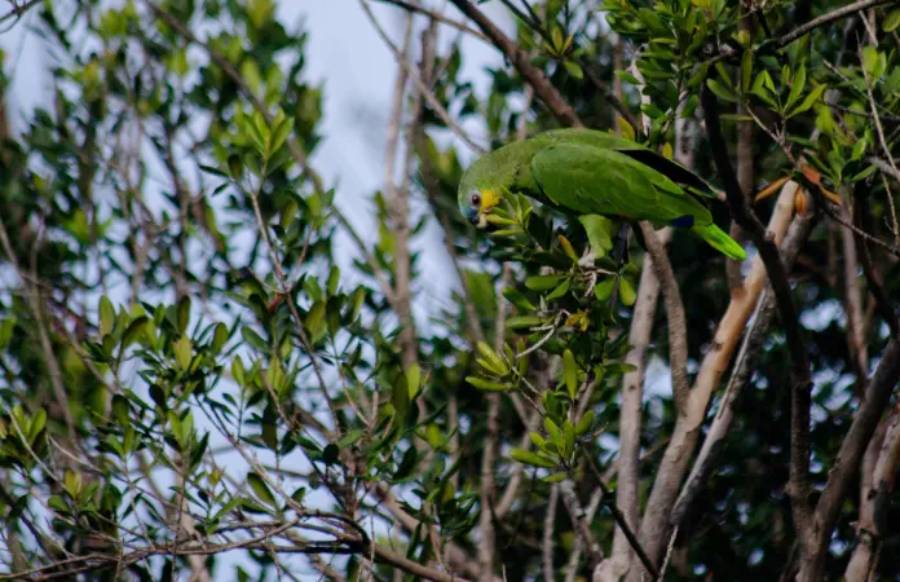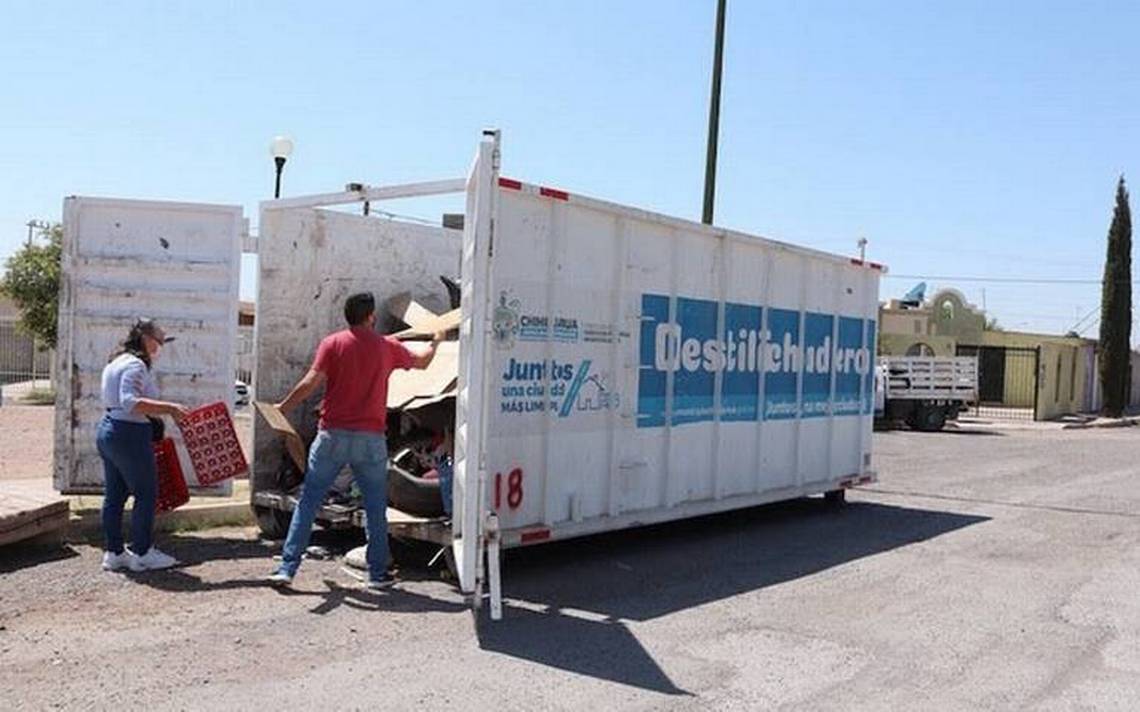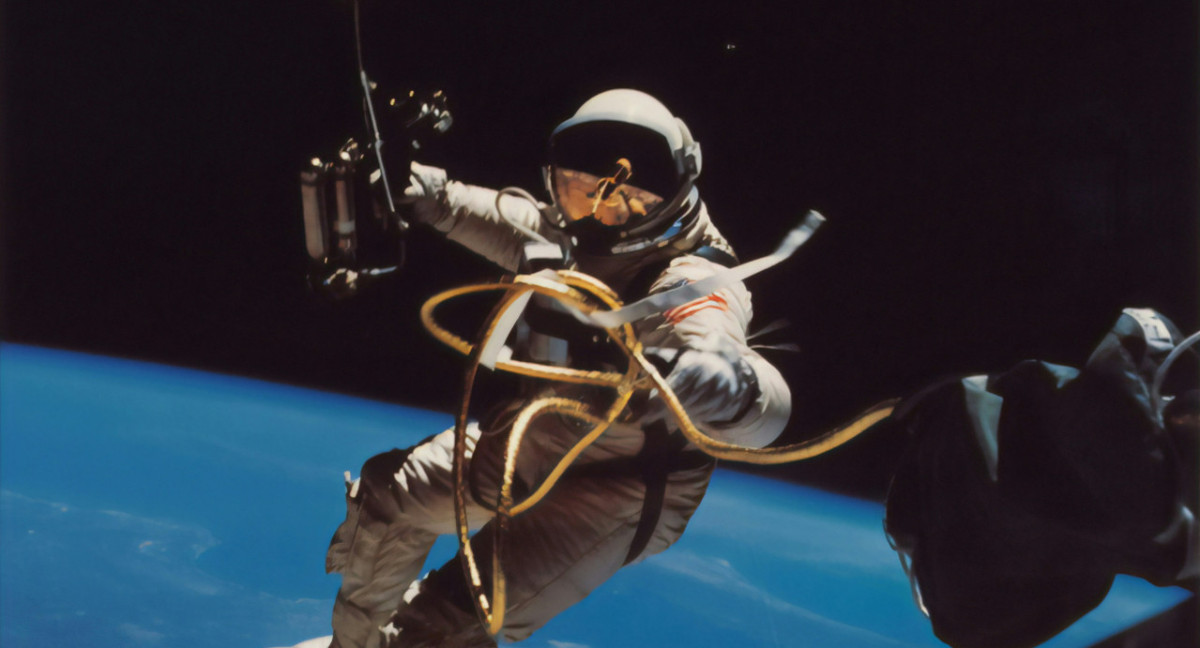The sound that calls the residents of Valencia's Bolívar Norte street every afternoon to seek it out is no coincidence. It is a natural spectacle that combines the special song of parrots returning to their nests, with the image of flapping wings conquering the sky. It is also not a coincidence to see bluebirds and canaries in home gardens, and hummingbirds on flowers in different areas. Citizen science of Carabobo is not new, as sightings have been reported to birders for a long time.
This region is located in central Venezuela and is characterized by a great diversity of bird species. The Venezuelan Federation of Ornithologists recorded 623 resident species sighted in the state, out of 1,412 species verified in the country.
It's a significant number reported, largely due to citizen science work. This was responsible for feeding the data needed by scientists and specialists to conduct various studies and in-depth analyzes of their habitats and their changes over time.
The value of citizen science
An amateur who wrote down everything he saw by hand, Hector Sanchez began his path as a “birder.” It was in 2008, when he started using a camera to observe different species of birds that caught his attention.
He did this in the municipality of San Diego (north-central Carabobo), on the hill of Villas de Montemayor. On his first tour he saw 80 different species of birds. These were his first steps into citizen science of Carabobo.
His curiosity increased. He bought binoculars and a book he recommended: “Birds of Venezuela,” where he looked for pictures of birds he didn’t recognize to identify them and add them to his personal record. “I made a list of the date, time, observation location and name of the bird, and if I didn’t recognize it, I did so later using a photo and a book, or with other specialists in Facebook groups.”
This is what citizen science from Carabobo and other parts of the world is all about, the activity of the people who live in the city. of those involved in reporting and data collection, as defined by biologist Aura Jiménez.
Merlin and E. Bird
“Our work as citizen scientists begins with observation. It makes us aware of our environment, the nature that surrounds us, the birds, the trees.” The specialist explained that doing citizen science does not mean being an expert or knowing the scientific name of the species that has been spotted or the group to which it belongs.
There are currently tools such as Merlin Bird ID, which is used to identify species, and eBird where sightings are recorded. Both were developed by the Cornell Laboratory of Ornithology, located in New York, where 563 carabobo birds have been recorded since 2008.
Jimenez added that this facilitates this citizen science work that allows people, who do not have basic knowledge, to identify species.
When reporting an observed species in eBird, you must fill out fields such as the bird's color and size. The tool will respond with several options that, when displayed, allow it to specify its identity, scientific name, and distribution, as well as other parameters of its habitat.
The app also has the option to record bird songs to compare them and thus identify their species. “It's an activity that doesn't require university-level scientific knowledge. We can all do it and contribute to the databases that scientists use. They want to do more in-depth studies and we can be a contributor to collecting that data.”
Application advancement
Sanchez understands the change and evolution that launching this tool means when moving from demo listings to online registries.
Over time, scientists failed to obtain data. Citizens have a tremendous opportunity to reconnect with nature through chance encounters with birds and support research.
“Citizen science from Carabobo is applied in many ways. In the field of bird monitoring, there is a large amount of information available through virtual platforms, such as Merlin Bird ID and eBird, which has allowed formal science to be investigated without having to go out into the field. “Citizen science from Carabobo is applied,” said Luis Cornejo, a biologist and scientist. Birds: “We citizens do field work and this is important because it contains a lot of information.”
The specialist confirmed that Venezuela is on the radar of bird watching in the world because of its biological diversity and the great citizen scientific activity there. “Birds are the easiest animal to connect with, because of their beauty, song, colors and the roles they play in nature. There are many arguments for them to be the basis for environmental awareness exercises.
Furthermore, Venezuela has an ancestral and cultural relationship with birds. In fact, we mention them in our language without realizing it in popular proverbs. The phrase “Late you piast, little bird” is used frequently.





